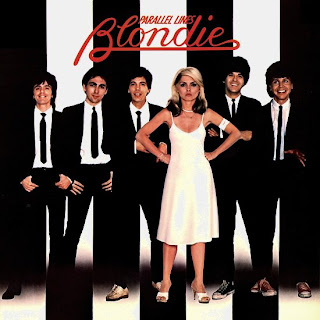Smashing B-Side Covers

The first time I heard the paranoiac cover of The Cars' "You're All I've Got Tonight" was in the movie The Saint, in a car chase scene, where it, all three seconds of it, was heard blaring in the bad guys' SUV, while hunting down Val Kilmer and a square, yet buxomy Elizabeth Shue. I had no inkling it was a Pumpkins cover, until I scanned the soundtrack credits at the flick's end.
Not bad.
Covers are pretty much hit or miss. Usually the latter. But once in a blue moon, there's that one cover that actually works. Of the grunge-era bands that came and went, I still share an affinity to a handful. The late lamented Alice In Chains, though more rock in a traditional sense, "Rooster" still holds water to this day (which is why I surmise its inclusion in Terminator Salvation). Of course, the pre-podium preaching Eddie Vedder-led Pearl Jam (only up 'til Vs., the rest all goes downhill), and The Smashing Pumpkins.
Usually filler material, or bonus tracks, if you wish, covers are merely spur-of-the-moment jams the band unconsciously compelled out of the blue; at times, they're conscious efforts, sometimes to great effect, and sometimes, not.
Corgan and company saw it fit to cover The Cars, Alice Cooper ("Clones (We're All)"), even Missing Persons' "Destination Unknown" and The Cure's "A Night Like This" as bonus tracks to their "Bullet With Butterfly Wings" single from their double album Mellon Collie & The Infinite Sadness.
To compare the covers with their originals is moot point, and an exercise in futility; as the former almost always pales in comparison to the latter. But once in a while, there are the exceptions to the rule.































